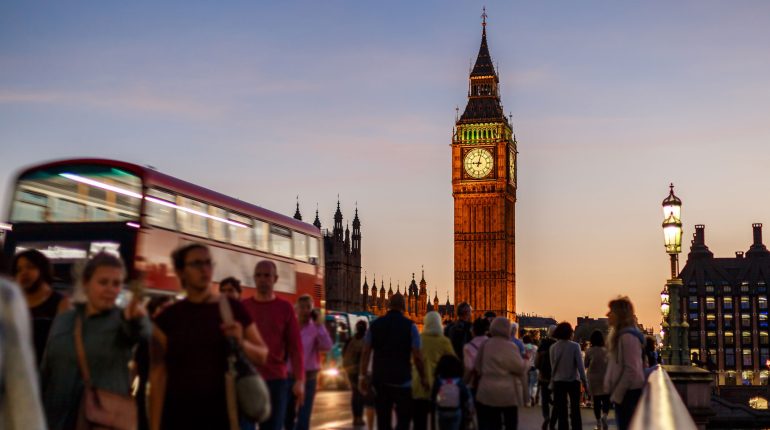
Current NRPF rules are contributing to poverty and homelessness. New estimates show that 208,000 households covered by an NRPF condition are at risk of needing support to avoid destitution and 64,000 households are likely to be covered by NRPF conditions and already be living in poverty. Within the Capital, the research estimates that 120,000 households are subject to the NRPF condition and are at risk of destitution and that 36,900 households are in poverty in London while being subject to the NRPF condition.
Those at risk include essential workers, particularly those who have been accepted into the UK on a work visa with a reduced minimum income requirement because they are fulfilling roles where there is a shortage of skills or labour supply. NRPF Network data on households currently receiving local authority support suggests that 58% of all households subject to NRPF who are receiving local authority support due to destitution are found in Greater London.
This report, with analysis from WPI Economics, argues that NRPF is failing to meet its policy objectives and should be reformed, putting forward a package of recommendations to support the most vulnerable while retaining the principle of NRPF. The recommendations include:
- Ensuring a level playing field for those workers that the UK is actively encouraging into the UK workforce, by providing benefits to shortage occupation list workers.
- Allowing British children with parents covered by NRPF to receive the same support as their school friends.
- Abolishing the automatic imposition of the NRPF condition on visa renewals.
The package of reforms would deliver economic and social benefits while strengthening the principle of reciprocity and being fairer for children who are (or could be) British citizens. Addressing the impact NRPF has on the most in need is a critical step in the UK becoming a fairer society.
